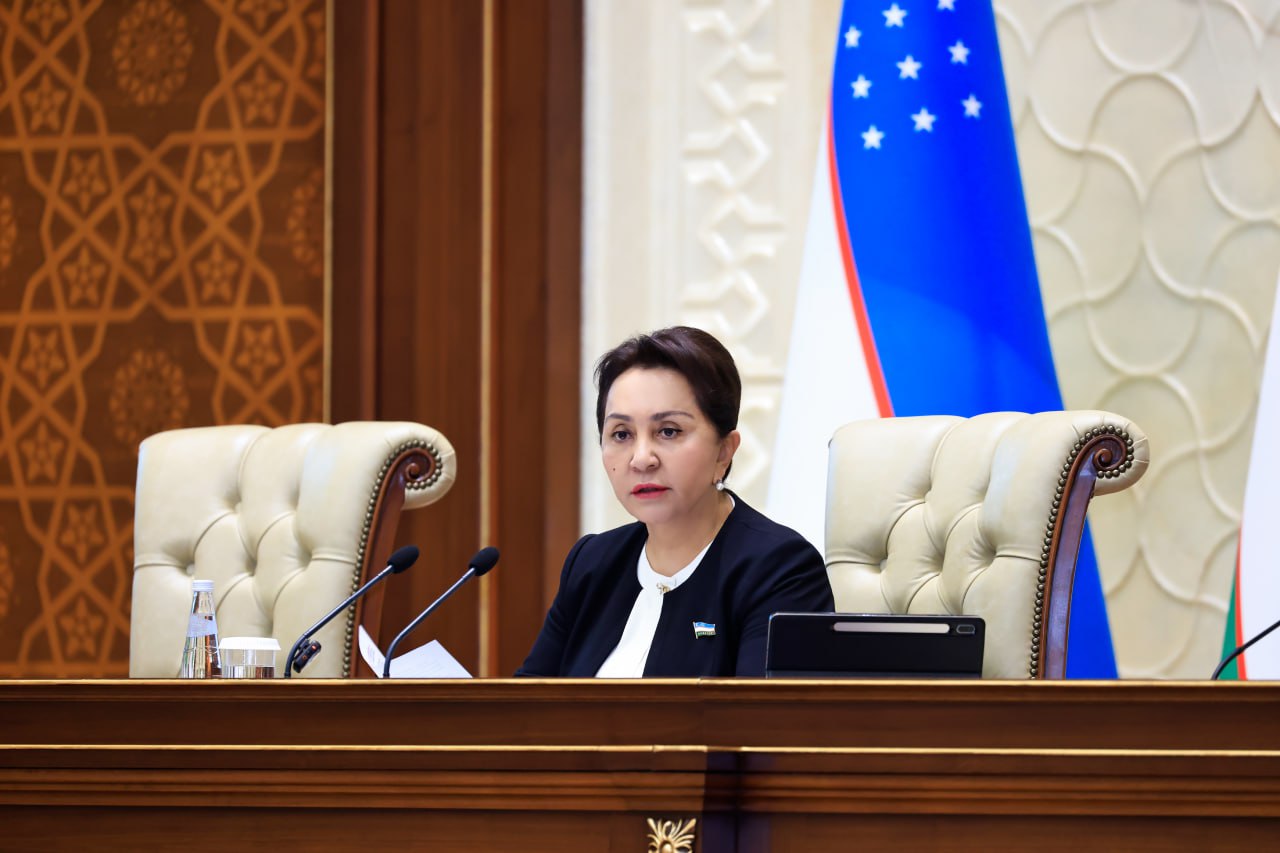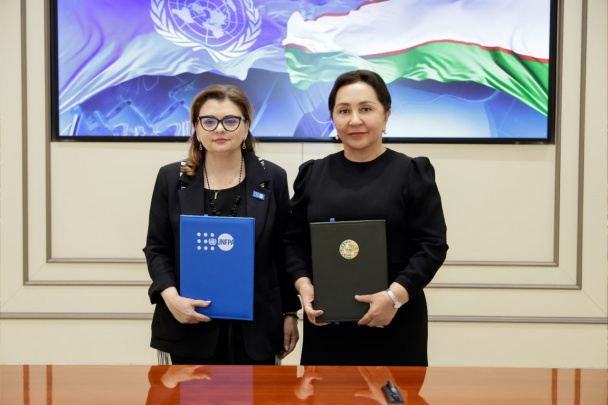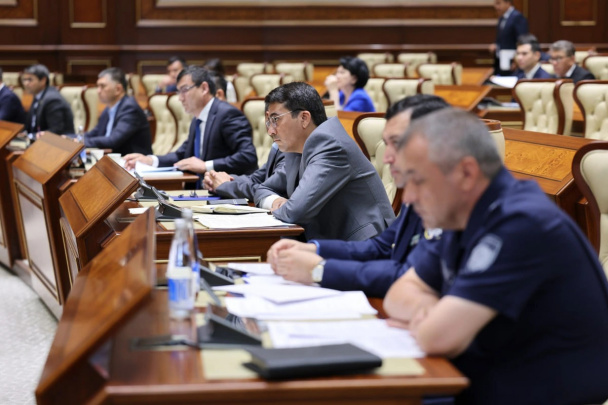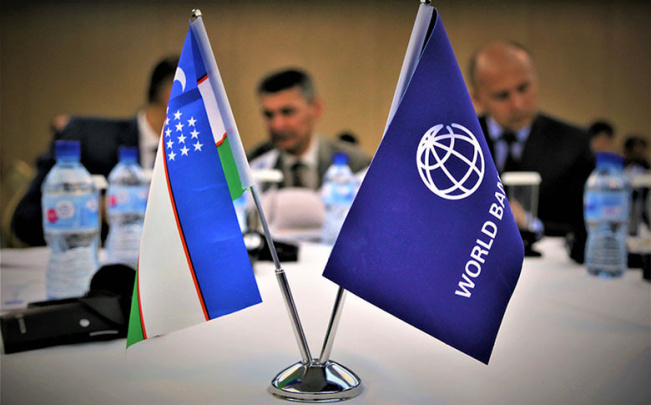Senate Chairperson stresses the need to adapt Uzbekistan’s economy to climate change
Tanzila Narbayeva announced that the priority strategies for the country’s development in 2025 have been determined. According to the Chairperson of the Senate, every goal and objective has been designed to align seamlessly with the Global Sustainable Development Goals.

Photo: Senate of Oliy Majlis
Speaking at the third plenary session of the Senate, Tanzila Narbayeva highlighted that sustainable development across all sectors had been ensured over the past year.
“This year, we have set ambitious goals. The ‘Uzbekistan-2030’ strategy is embodied in the State Program for the Year of Environmental Protection and Green Economy, which clearly outlines this year’s objectives and priorities.
The draft State Program underwent extensive discussion over two weeks, engaging the general public and Senate committees. Numerous important proposals were submitted during this process. Now, with the program officially approved, it is imperative for all of us — parliament, government, and local councils — to work together to ensure every objective is executed effectively, on time, and with the highest quality,” stressed Tanzila Narbayeva.
The Senate Chairperson also outlined the following priority approaches for the country’s development in 2025:
- Expanding greenery in neighborhoods and streets to create a more eco-friendly and prosperous living environment;
- Enhancing public health and promoting an ecological lifestyle;
- Conserving natural resources and using them efficiently to ensure ecological sustainability;
- Protecting and increasing biodiversity, including flora and fauna, to pass it on to future generations;
- Promoting the widespread adoption of “green economy” principles and adapting the economy to climate change;
- Increasing the share of renewable energy in the national energy mix;
- Broadly implementing modern energy-efficient technologies across economic sectors and the social sphere;
- Strengthening regional and intersectoral coordination focused on ecological sustainability.
It was also announced during the session that the Senate’s work plan for the first half of the year has been finalized. The plan outlines over 100 specific measures, along with clear mechanisms for their implementation in the most critical areas.
Notably, the Senate’s role and initiative in legislative activities will be strengthened, with new legislative proposals aimed at addressing significant social and state issues.
Priority attention will be given to key areas such as ecology, environmental protection, climate change, family welfare, public health, protecting children from harmful information, tourism, and the development of the construction sector.
As part of parliamentary oversight, nearly 50 pressing socio-economic issues will be studied and analyzed. These efforts will focus on regional development, including provinces, districts, cities, and neighborhoods, with an emphasis on addressing critical challenges such as investment, entrepreneurship, poverty reduction, employment, education, healthcare, social protection, human rights, anti-corruption measures, and the regulation of internal and external labor migration.
This initiative will go beyond oversight by developing well-researched and practical proposals based on detailed studies and analyses. Additionally, ministries, agencies, and local government authorities will be actively supported in resolving existing challenges.
Related News

19:02 / 04.07.2025
Senate of Uzbekistan signs cooperation program with UN Population Fund

16:15 / 04.07.2025
World Gold Council: Uzbekistan tops global gold sales in early 2025

18:14 / 02.07.2025
Senate to question Cabinet on persistent failures in alimony enforcement

17:16 / 02.07.2025



